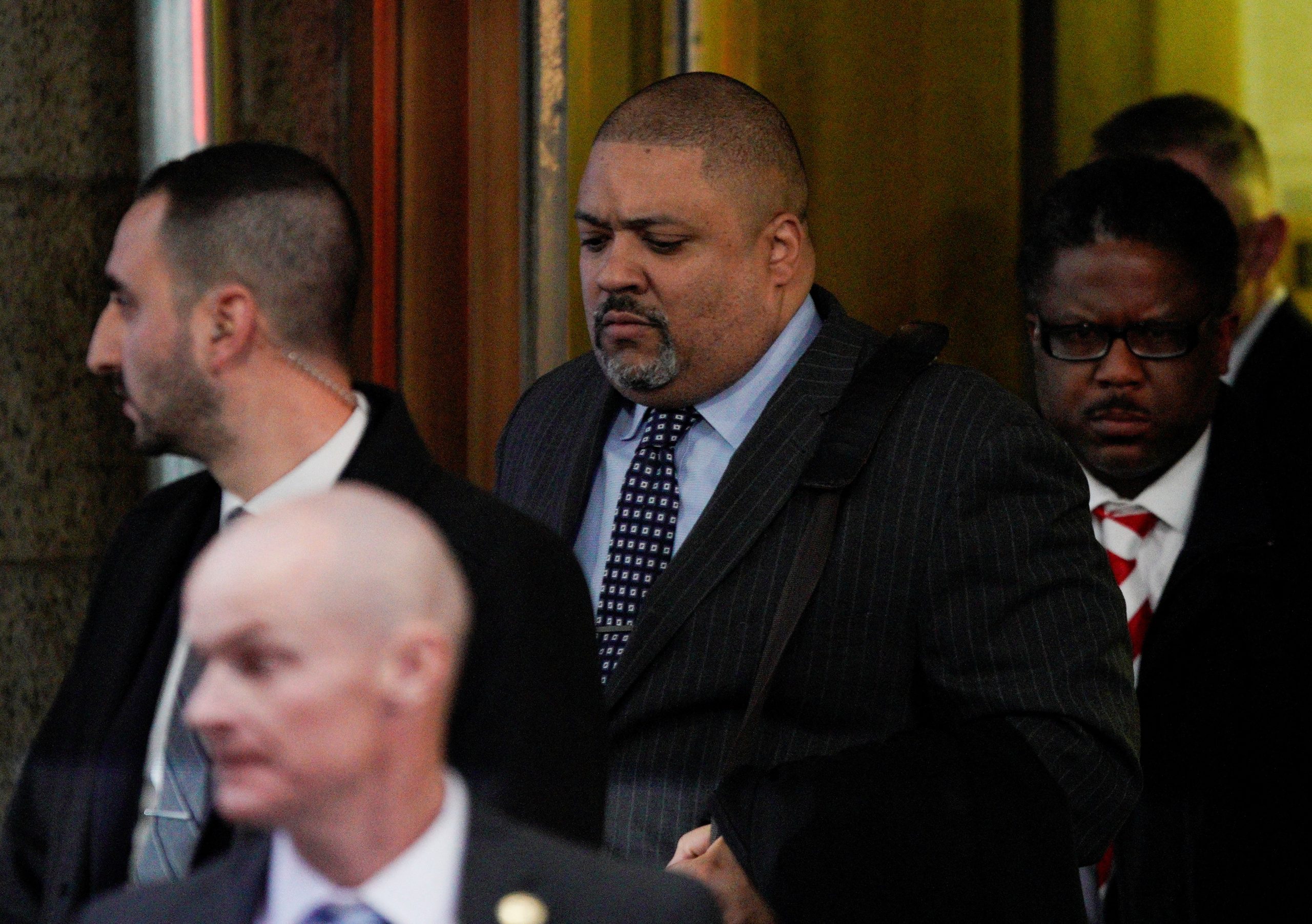
Vicky Arias, FISM News
[elfsight_social_share_buttons id=”1″]
In light of former President Donald Trump’s indictment, House Republicans are considering a measure that could restrict the immunity held by prosecutors and hold them accountable for misconduct and abuse of power.
House Intelligence Committee member Rep. Austin Scott (R-Ga.) on Friday asserted that prosecutors’ legal immunity should be reexamined, as many conservatives describe an uptick in politically motivated prosecutions.
“I think you’re going to have to look at prosecutorial misconduct and whether or not prosecutors in this country should be exempt from liability,” Scott said in an interview with Just the News.
“These left-wing, liberal prosecutors and George Soros prosecutors want to take away immunity from police officers, yet they want to maintain it for themselves,” Scott continued. “I guarantee you if … [District Attorney Alvin Bragg] did not have immunity for his actions, he would not have filed this [indictment] against Donald Trump … So maybe we need to be looking at how a prosecutor who abuses his power the way this Manhattan district attorney has done becomes personally liable and potentially criminally chargeable for their actions.”
Sen. Josh Hawley (R-Mo.) last week stated that Trump’s indictment isn’t “about enforcing the law.”
“[The charges] are the Left telling the nation, ‘we are in charge here.’ And if you threaten us, we will destroy you,” Hawley continued.
Current law provides prosecutors with almost complete immunity from misconduct or liability in the cases they pursue and argue.
In 1976, the Supreme Court decided that prosecutors should receive “absolute immunity,” stating:
although such immunity leaves the genuinely wronged criminal defendant without civil redress against a prosecutor whose malicious or dishonest action deprives him of liberty, the alternative of qualifying a prosecutor’s immunity would dis-serve the broader public interest in that it would prevent the vigorous and fearless performance of the prosecutor’s duty that is essential to the proper functioning of the criminal justice system.
According to the Institute for Justice, under “prosecutorial immunity” prosecutors can’t be held liable for many abuses of power and forms of misconduct. Abuses of power include witness coercion and concealing evidence of a defendant’s innocence.
Conservatives may look to Georgia for the framework of instituting a bill restricting prosecutors’ near unfettered access to legal immunity.
Lawmakers in the state initiated a measure in February 2023 that would create a prosecutorial oversight board and establish “grounds for discipline of a district attorney” or the basis by which they could be removed from their position. Those grounds include “willful misconduct” and the “willful and persistent failure to perform his or her duties.”
House Speaker Kevin McCarthy last week stated that District Attorney Bragg had “weaponized” the justice system against Trump and asserted that the House intends to hold him accountable.
“Alvin Bragg has irreparably damaged our country in an attempt to interfere in our presidential election,” McCarthy stated. “The American people will not tolerate this injustice, and the House of Representatives will hold Alvin Bragg and his unprecedented abuse of power to account.”
